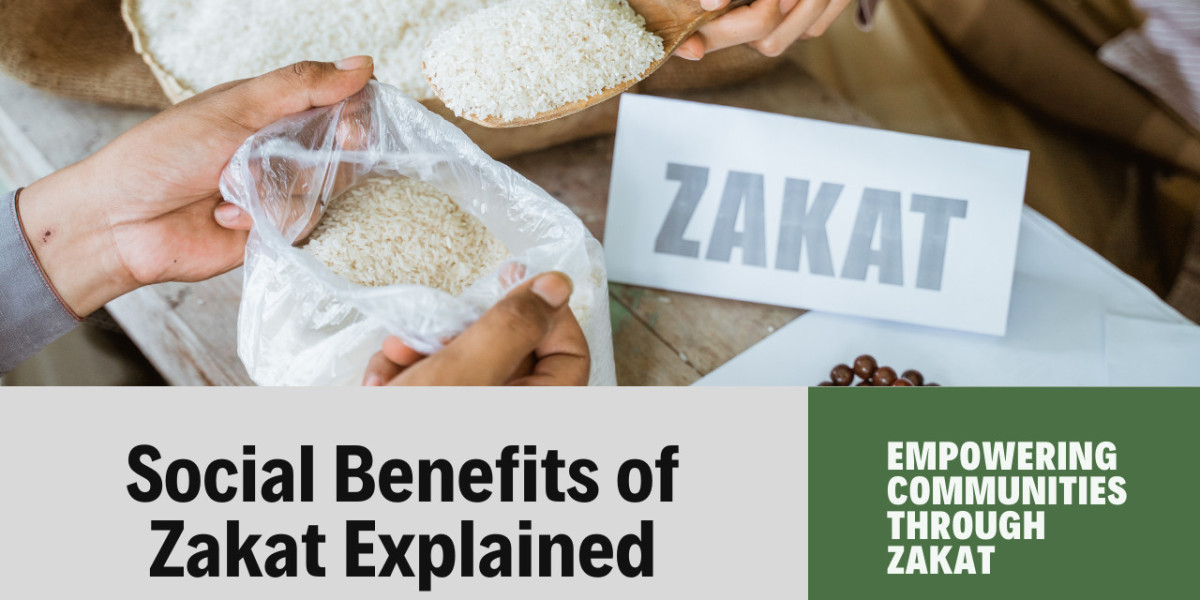Zakat on cash is a crucial aspect of Islamic finance and charity, reflecting the obligation for Muslims to redistribute a portion of their wealth to support those in need. Understanding how to calculate and fulfill this obligation is essential for every eligible Muslim.
Definition and Importance
Zakat, one of the Five Pillars of Islam, is a mandatory act of charity that purifies one's wealth. It serves to alleviate poverty and promote economic equality by redistributing wealth within the Muslim community. Zakat is calculated as 2.5% of a Muslim's wealth that has been held for a lunar year, and this includes cash, savings, investments, and other liquid assets.
Calculation of Zakat on Cash
To calculate Zakat on cash, Muslims need to follow these steps:
Determine the Nisab:
- The Nisab is the minimum amount of wealth one must possess before being obliged to pay Zakat. It is equivalent to the value of 3 ounces of gold or 21 ounces of silver. As of 2024, this is approximately $5,000 for gold and $500 for silver, but the exact amount should be checked according to current market prices.
Assess Wealth Over a Lunar Year:
- Calculate all forms of cash held over a lunar year. This includes money in bank accounts, cash on hand, and savings in various forms such as investment accounts.
Deduct Liabilities:
- Subtract any immediate liabilities or debts that are due. This ensures that Zakat is only calculated on the net amount of wealth.
Calculate 2.5% of Net Wealth:
- Once the net wealth is determined, 2.5% of this amount is the Zakat to be paid.
Example Calculation
If a Muslim has the following assets and liabilities:
- Cash in bank accounts: $10,000
- Cash on hand: $1,000
- Investment in stocks: $4,000
- Immediate debts: $2,000
First, total the assets: $10,000 + $1,000 + $4,000 = $15,000 Then, subtract the liabilities: $15,000 - $2,000 = $13,000 Finally, calculate 2.5% of the net wealth: $13,000 * 0.025 = $325
Thus, the Zakat due would be $325.
Significance and Impact
Spiritual Benefits:
- Paying Zakat purifies one's wealth and soul, fostering a sense of humility and obedience to Allah. It reinforces the concept that wealth is a trust from Allah, to be used responsibly and for the benefit of the wider community.
Economic Redistribution:
- Zakat helps to redistribute wealth within society, reducing economic disparities. This system ensures that the poor and needy receive financial assistance, contributing to social stability and reducing poverty.
Strengthening Community Bonds:
- By fulfilling their Zakat obligation, Muslims strengthen the bonds of brotherhood and solidarity within the Ummah. It encourages a culture of empathy and support, which is fundamental to the Islamic way of life.
Encouraging Financial Responsibility:
- Calculating and paying Zakat encourages Muslims to be mindful of their finances, promoting a culture of saving and responsible wealth management. It also discourages hoarding and promotes circulation of money within the economy.
Practical Considerations
In modern times, several organizations and digital platforms assist Muslims in calculating and paying their Zakat accurately. Zakat calculators are available online, making it easier to determine the exact amount. Many charitable organizations also offer services to distribute Zakat funds to eligible recipients, ensuring that the obligation is fulfilled in accordance with Islamic principles.
If you want to help the poor childrens and families then click to Donate and save his life.
Conclusion
Zakat on cash is a significant religious duty that extends beyond mere financial transaction; it is a profound act of worship and social responsibility. By accurately calculating and paying Zakat, Muslims fulfill a core tenet of their faith while contributing to the economic and social well-being of their community. This practice not only purifies one's wealth but also fosters a more equitable and compassionate society, reflecting the core values of Islam.








